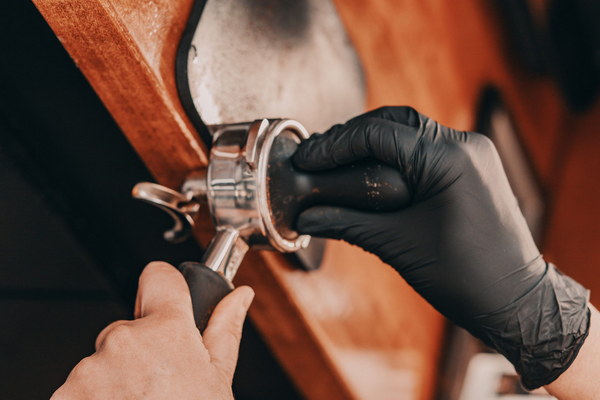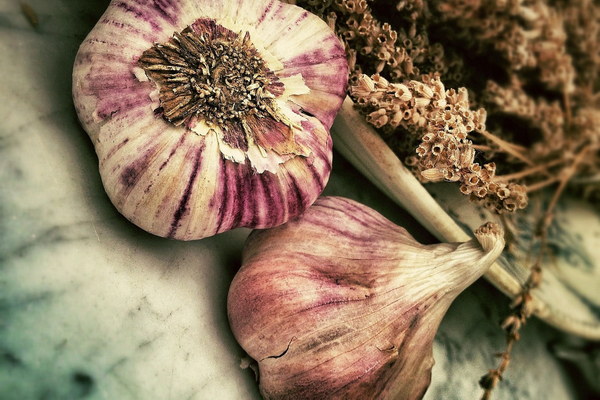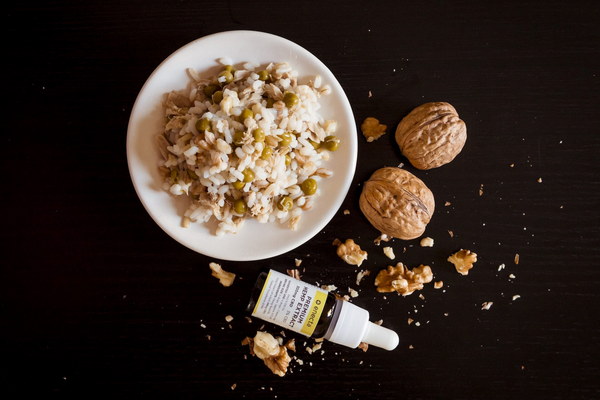The Ultimate Guide to Liver Health How to Nourish and Protect Your Liver
The Ultimate Guide to Liver Health: How to Nourish and Protect Your Liver
The liver is one of the most vital organs in the human body, responsible for a myriad of functions such as detoxifying the blood, metabolizing nutrients, and producing bile. However, due to modern lifestyles and poor dietary choices, liver health is often compromised. Here's a comprehensive guide on how to nourish and protect your liver, ensuring its optimal function and longevity.
1. Adopt a Healthy Diet
A balanced diet is crucial for liver health. Here are some key dietary recommendations:

Increase Your Intake of Antioxidants: Antioxidants help neutralize harmful free radicals that can damage liver cells. Foods rich in antioxidants include berries, dark leafy greens, nuts, and seeds.
Consume Fiber-Rich Foods: Fiber aids in digestion and helps lower cholesterol levels, reducing the risk of liver disease. Good sources of fiber include whole grains, legumes, and fruits.
Limit Alcohol Consumption: Excessive alcohol intake can lead to liver damage, including fatty liver disease and cirrhosis. It's best to limit alcohol consumption or avoid it altogether.
Eat Omega-3 Fatty Acids: Omega-3s have anti-inflammatory properties and can help reduce liver inflammation. Fish, flaxseeds, and chia seeds are excellent sources of omega-3s.
Avoid Processed Foods and Trans Fats: These foods are high in calories and unhealthy fats, which can contribute to liver disease. Opt for whole, unprocessed foods whenever possible.
2. Stay Hydrated
Water is essential for the liver's detoxifying process. Drinking plenty of water helps flush out toxins and supports liver function. Aim to drink at least 8 glasses of water per day.
3. Exercise Regularly
Physical activity improves blood flow throughout the body, including the liver. Regular exercise can help reduce the risk of fatty liver disease and improve overall liver health. Aim for at least 150 minutes of moderate-intensity aerobic exercise or 75 minutes of vigorous-intensity exercise per week.
4. Manage Your Weight
Excess weight, especially around the abdomen, can increase the risk of fatty liver disease. Maintaining a healthy weight through diet and exercise can help protect your liver.
5. Avoid Smoking
Smoking has been linked to liver disease, including cirrhosis and liver cancer. Quitting smoking can significantly improve liver health.
6. Take Supplements Wisely
While certain supplements can support liver health, it's important to consult with a healthcare professional before starting any new supplement regimen. Some beneficial supplements include milk thistle, artichoke extract, and turmeric.
7. Get Regular Check-Ups
Regular medical check-ups, including liver function tests, can help detect liver disease early. Early detection and treatment are crucial for preventing liver damage.
8. Manage Chronic Conditions
Chronic conditions such as diabetes, obesity, and hepatitis can increase the risk of liver disease. Proper management of these conditions is essential for maintaining liver health.
Conclusion
By following these tips, you can help nourish and protect your liver, ensuring its optimal function and longevity. Remember that liver health is a lifelong endeavor, and making these changes can have a significant impact on your overall well-being.









